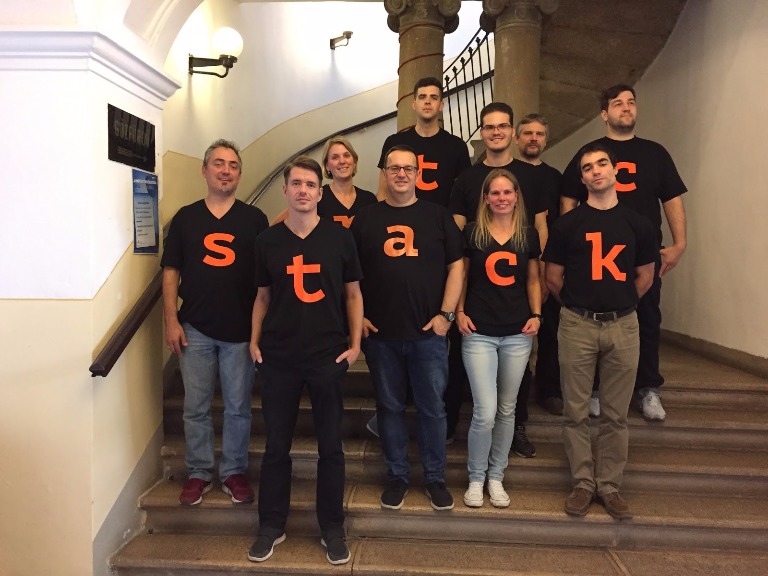Many UK university graduates struggle to find their first job after getting their degree. The competitive landscape makes it hard to stand out, especially if you aren’t from a target university. In many ways I think the system is flawed, but this post is not the place to talk about it. I will rather explain how widening my job search scope brought unexpected results.
As an economics student I was constantly pressured by my peers to do consulting or investment banking. However, I realised that it’s not all about these two choices, one never has to confine himself to such boundaries. There are a bunch of amazing opportunities out there which have nothing to do with consulting or investment banking. I would even argue that trying out something which is not “in your field” teaches you a lot about life.
After I got my economics degree in July I decided to apply for a program which supports startups in Hungary: Bridge Budapest. I was given a chance to learn how to build a business from Samebug, a tech startup which aims to change the way programmers solve errors in their code. In October I was put in charge of Customer Relations. Notice that this is very different from what I studied before. I had some sales experience from volunteering at AIESEC, a not for profit youth-driven leadership platform but nothing else. Speaking with programmers and building a product for them was completely new to me.

My first week was quite difficult as I had to get used to the terminology. On my very first day I was given a task to go through a list of speakers at an upcoming conference. As the founders of the company planned to attend the event, I was left with the task to choose the people worth talking to. I honestly had no idea what I was doing but asking questions from colleagues was very useful to get started. The week went by fast and my knowledge about the industry kept growing at a really high rate. Last week the conference went down and I managed to arrange meetings with a couple of speakers.
After a month I can still say that there’s a lot more to learn. However, I learnt as much to be able to devise strategies for going forward. I picked up ownership of a number of tasks and contributed to a lot more. This has made me appreciate how much responsibility I can take up since now I see how much impact certain actions can have.
Samebug is a startup, which has its pros and cons. There’s not much hierarchy so we have a friendly atmosphere where employers and employees work together at the same table. Whenever I have a question or need some input, I can ask anyone (including my boss) in my vicinity. This brings together the people at the organisation because we can see everyone working hard for the same goal and that’s very inspiring. We have regular meetings to plan ahead and talk through processes, everyone’s input matters. We usually have lunch together and there are teambuilding sessions as well (last time we went to an escape room and got out in time).
The downside is that there is a lot of uncertainty. To demonstrate this, let me give an example: on the second week we conducted a series of interviews, both with individuals and teams at companies, to understand behaviours and how we could build the right product. At the end of the week we set down to talk through our learnings and the immediate learning was that the problem we’re trying to solve is not present. The meeting had a very negative tone and I went home with a really bad feeling. However, on Monday we came back, everyone had new ideas on how to proceed and address the learnings and we once again knew how to proceed. The whole past month was like this: a roller coaster ride of emotions.
At the beginning I wrote that an experience like this teaches you a lot about life. I still uphold this statement. Life is sometimes unfair and difficult but you alone are responsible for how you react to it. You can have a negative conversation after some talks about how what you are doing is useless but ultimately it’s up to you to choose whether you’ll be reactive or proactive. We chose to be proactive and changed our assumptions of our product. Was it a good idea? No one knows for sure, however, at least we did something about it.




